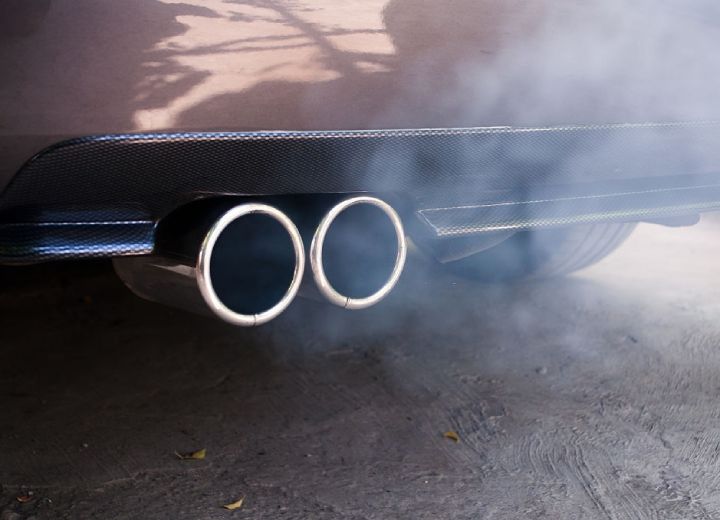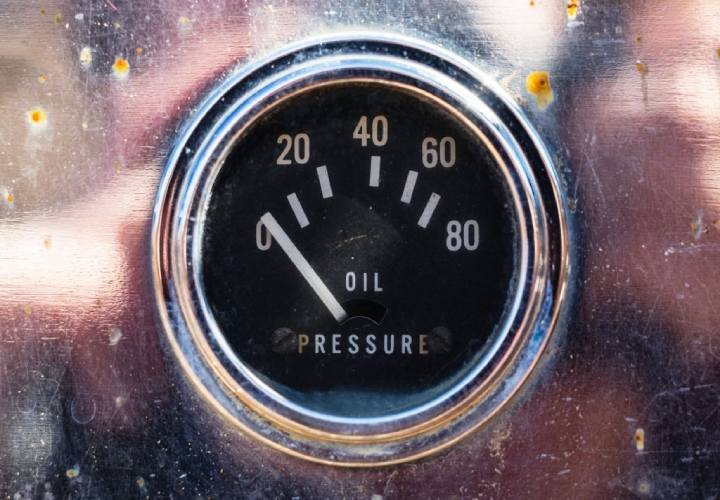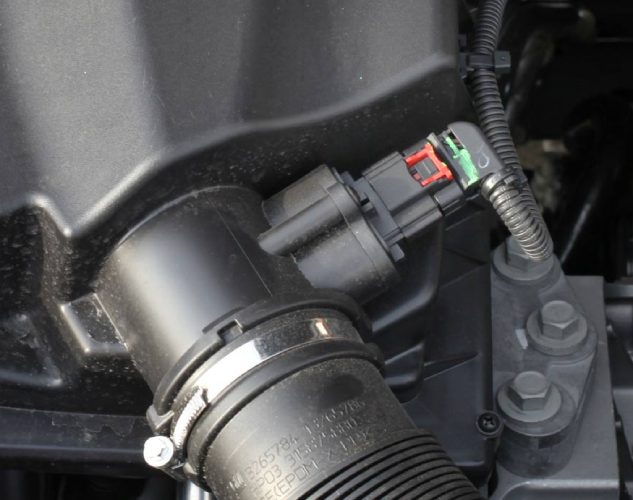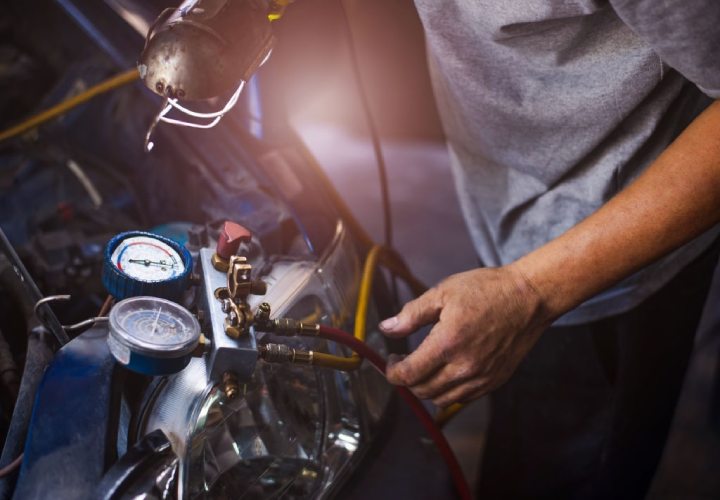If your car is not powered by electrical energy, you’ll surely need some sort of fuel to power the vehicle. Since most cars run on gasoline, you would like to ensure the quality of gas you are using. 76 gas is one of the common stations you’ll see around; hence, the question, Is 76 gas good?
The gas company has existed for almost a century now (it was formerly known as Union 76), and this says a lot about the quality of the gas provided. 76 gas stations supply only quality gas to consumers, and this is how they’ve maintained continuous production over many decades.
If you consider using 76 gas in your car, it is normal to have questions regarding its value and origin.
So, is 76 gas good? Short answer
76 gas quality is one of the best, surpassing by 30% the requirements specified in the Top Tier Detergent Gasoline standard recommended by major automakers, and up to three times more than the minimum detergent required by EPA.
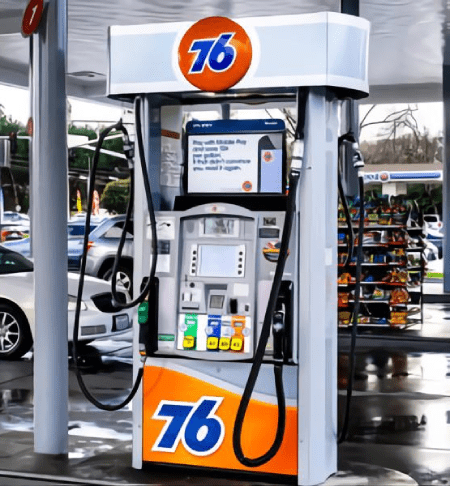
Where does 76 gas come from?
The 76 gas started in 1932 under Unocal but was registered as a different name back then. It was known as the Union 76, which you might be familiar with. Unocal then sold the brand to Tosco in 1997.
Tosco, in turn, was bought by Phillips petroleum in 2001, and the brand was bought alongside it. About a decade after, the merge of Phillips and Conoco – ConocoPhillips expanded its gas refining business and brought back 76 gas from Union 76. The 76 gas is presently owned and managed by Phillips 66.
Does 76 gas clean your engine?
Low-quality fuel leads to the build-up of deposits, especially on the intake valves and fuel injectors, causing an increase in potential problems. Fuels that lack detergents to help clean the engine often result in the consistent build-up of deposits.
The deposits not only impact the vehicle’s performance but also influence emissions from the exhaust, thus increasing the cons of a gasoline-dependent car.
76 gas is formulated with sufficient detergent to stop deposit formation in the vehicle’s engine. Therefore, the engine is cleaned with each gas refill, and performance is greatly improved.
Does 76 gas sell top-tier gasoline?
Yes! 76 gas sells top-tier gasoline. What differentiates top-tier gas from regular gas? The answer is quite simple -the composition of detergents added to the gas. In basic terms, the essence of detergent additives is to ensure a cleaner engine.
Regular gasoline does have detergents added to them, but the composition of these additives is insufficient to meet the performance of sophisticated wheels, thus, making it impossible to keep up with carbon and deposits accumulation.
Gasoline with lesser detergents additives emits more carbon, and the intake valves of the car’s engine bear the greater impact of deposit accumulation.
Interestingly, 76 gas even surpasses the composition of detergents for top-tier gasoline, thereby placing it above the mark of most top-tier gasoline. 76 gas has about triple the minimum required composition of detergent by the EPA and about 30% higher than the standard for top-tier gasoline.
Related content: Is Wawa gas good?
Is 76 the same as Shell?
No. 76 gas is a different brand from Shell. The latter is a transnational oil and gas company that produces gas used in vehicles just like 76. They are similar in the sense that they both produce top-tier gasoline, perfect for the improved health of your car’s engine.
Shell is arguably one of the USA’s hugest oil and gas manufacturers and marketers, while 76 gas is local to certain parts of the United States.
Is 76 racing fuel unleaded?
Yes, the 76 racing fuel is unleaded. Lead used to be a common additive in gasoline to boost power and increase compression. However, over the years, gas brands have evolved to supply racing fuels with high efficiency and reduce the impact on the health of the driver, the vehicle, and the environment.
The ban on the use of leaded gasoline in public cars has significantly reduced the production of leaded gas. Upon the ban of lead in gasoline, additives such as ethanol were used in racing car fuels.
76 gas now produces unleaded racing fuel, which does not produce harmful gases fatal to human health. The switch from leaded gasoline to unleaded gasoline has undoubtedly influenced the price of the gas but at the cost of cleaner air which is a win.
Does 76 gas contain ethanol?
The flex-fuel of gas 76 is a mix of gasoline and ethanol created for use in specific vehicles (flex-fuel vehicles). The addition of ethanol in gas is not so advantageous to the car’s fuel economy. The higher the percentage of ethanol in gasoline, the lower the fuel economy.
Therefore, the flex-fuel of 76 gas should only be used in specified vehicles and not just all cars. The use of flex-fuel in an inappropriate vehicle might lead to faster fuel consumption and, in the long-run potential problem with the car’s engine.
Is 76 owned by shell?
76 gas was not always known by that name. It was formerly known as Union 76 when it was previously owned by Unocal (Union Oil Company of California), which later joined the Chevron corporation. The gas brand, based in the USA, is currently owned by Phillips 66.
Conclusion
76 gas is an impressive brand that has withstood change over from several owners without reducing the quality it has always been known for. It is one of the best options for vehicle owners who value top-tier gasoline for their cars.
Despite the higher percentage of detergents compared to the regular top-tier gases standard, the difference in the fuel price is quite negligible.
The brand considers consumers’ interests by making high-quality fuel available at an affordable rate. It is important to note that when purchasing 76 gasoline, you should check if it is compatible with your car.
For instance, as aforementioned, the flex-fuel (E85) produced by 76 gas containing ethanol should only be used by cars marked by manufacturers as flex fuel cars.
Every since I was a little boy, I can remember spending the afternoons in my dad’s repair shop. I got my first car at 16 and it was the best feeling ever!
I have contributed to various automotive publications but decided it’s finally time to settle for something constant.





